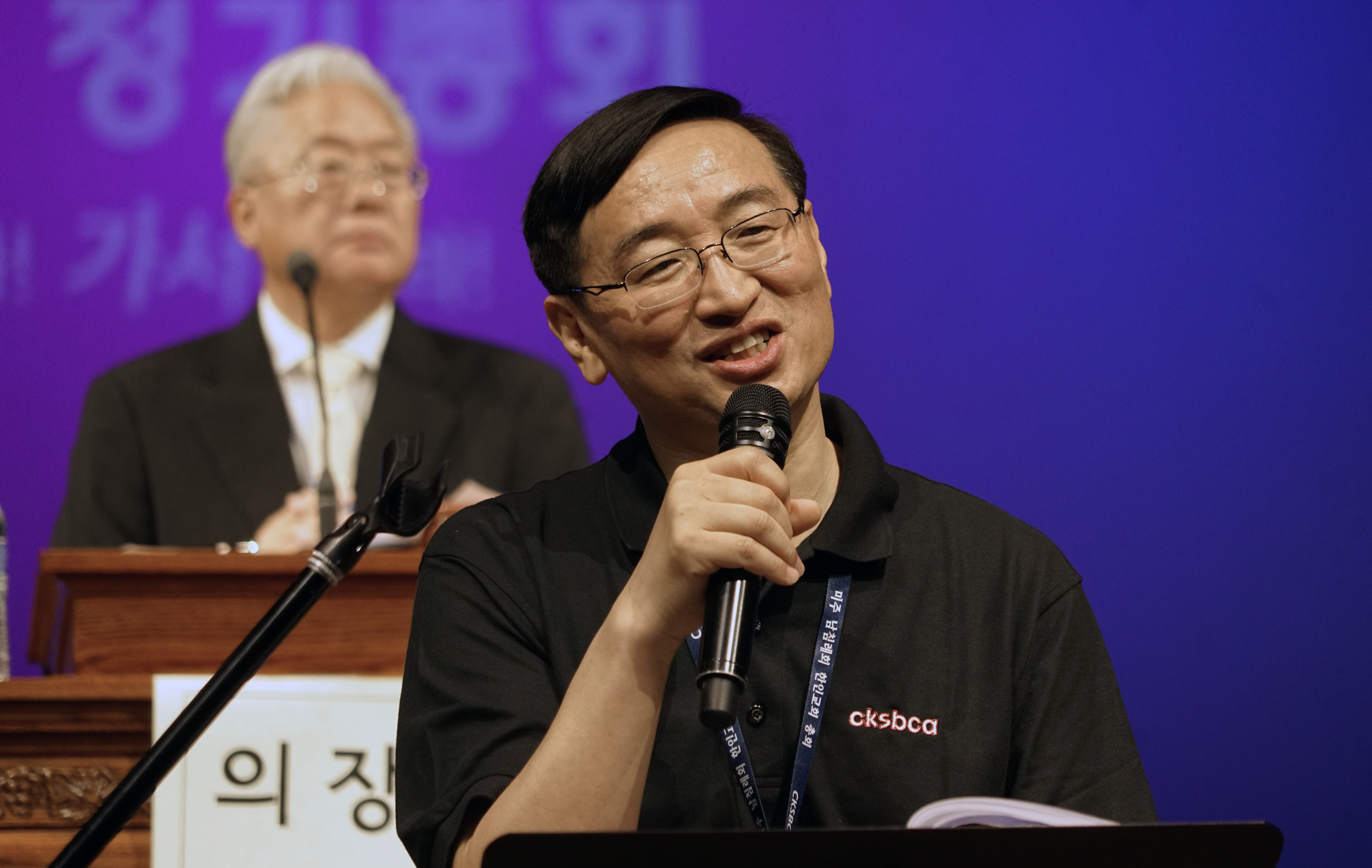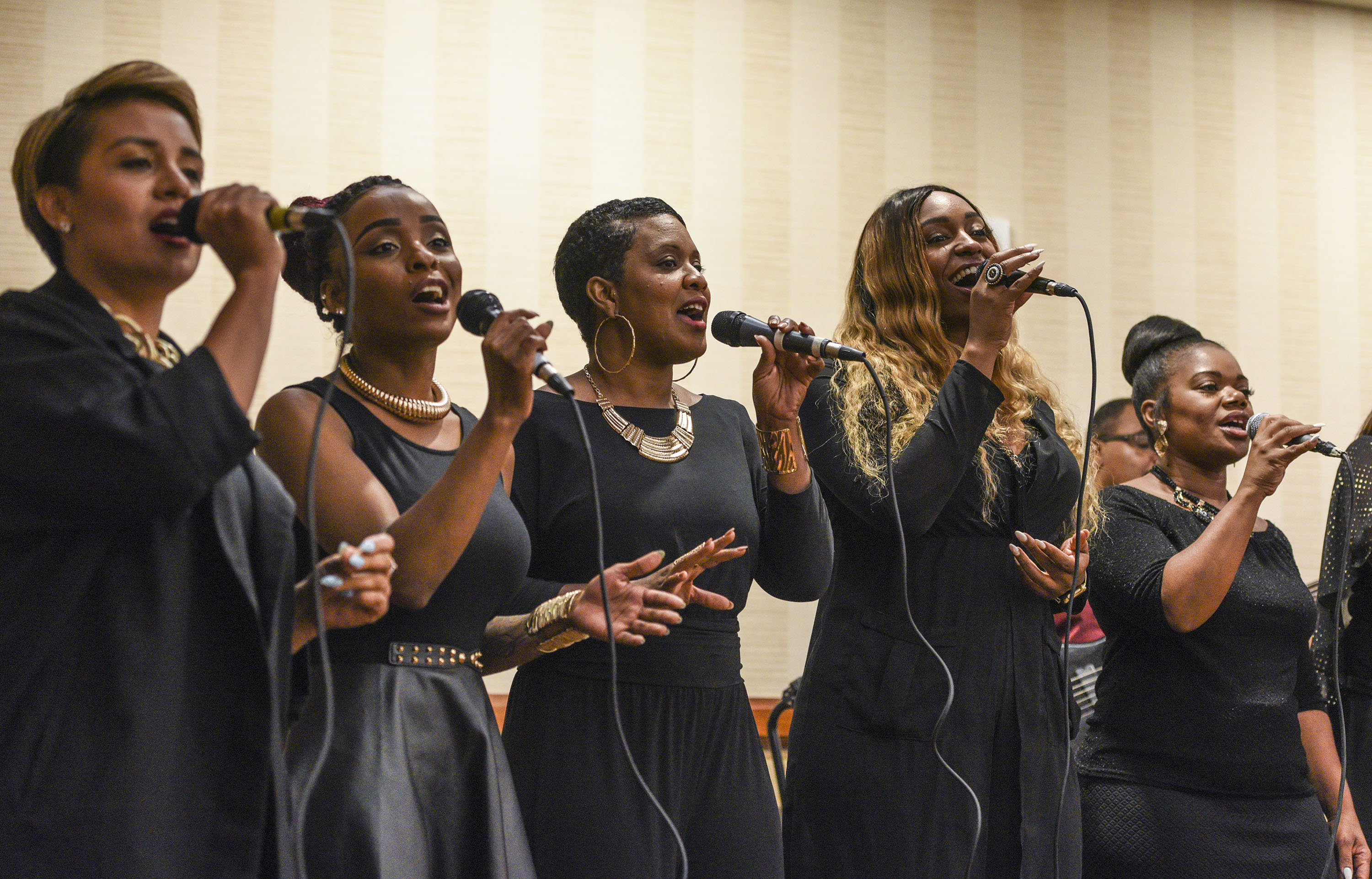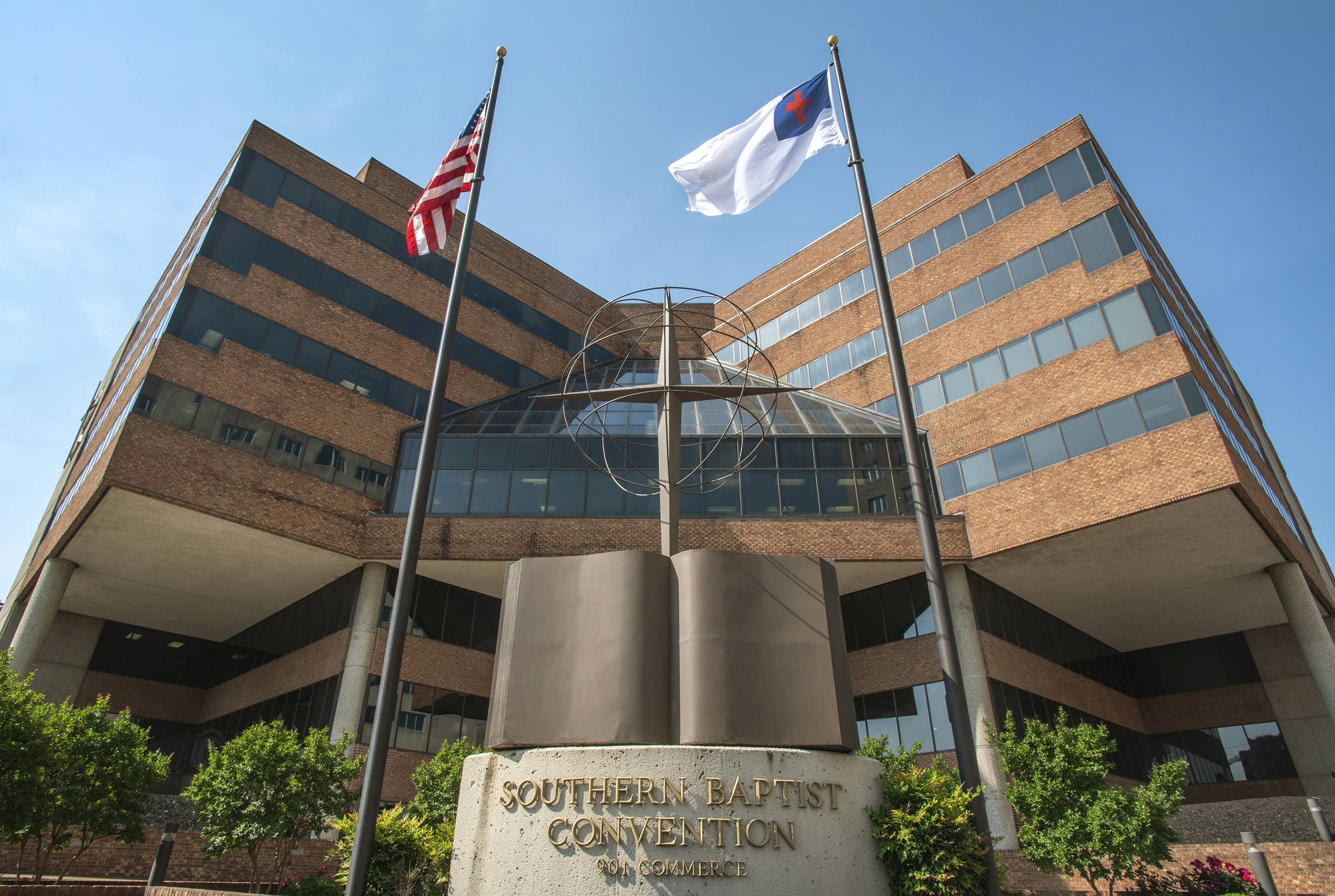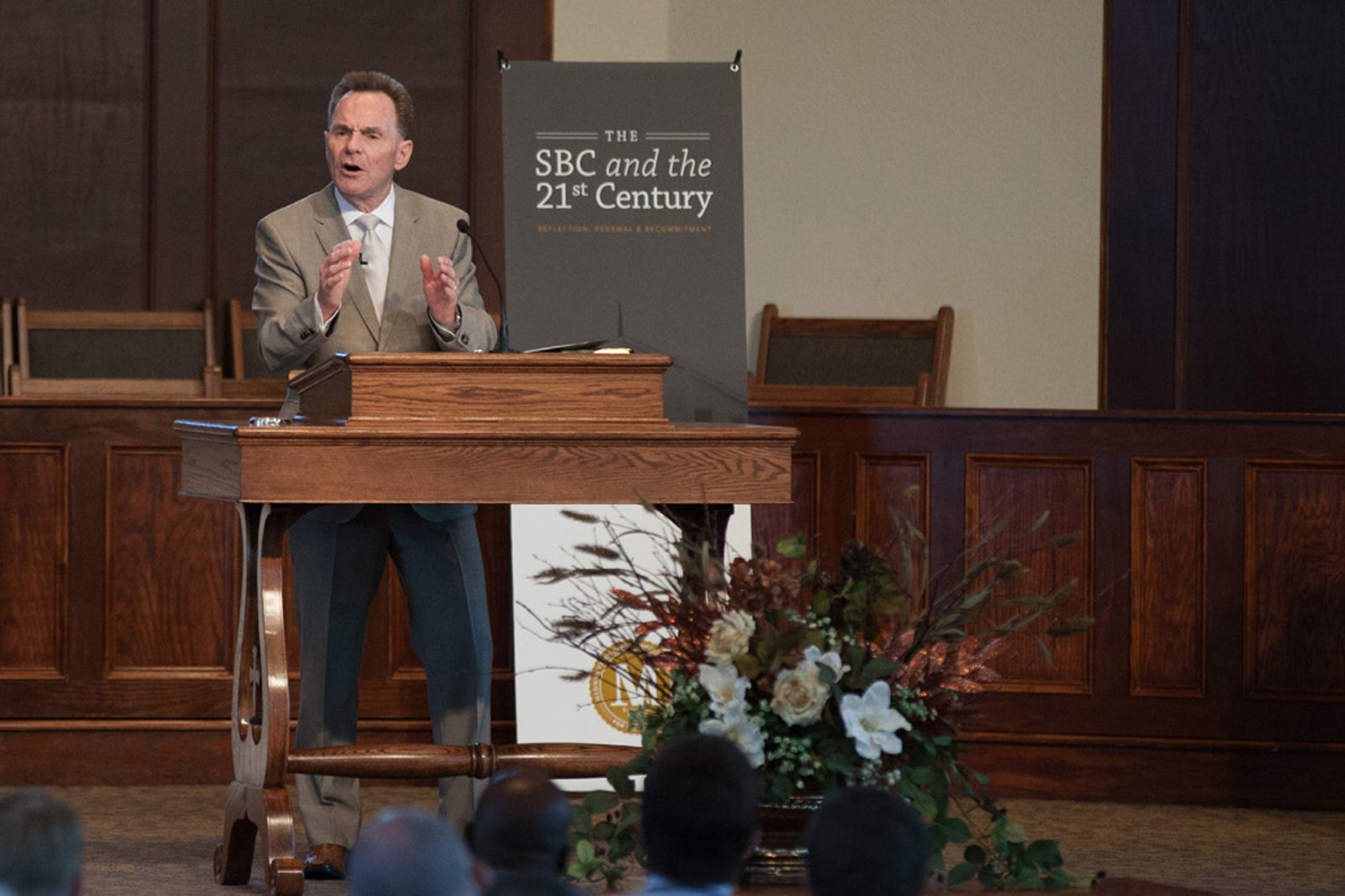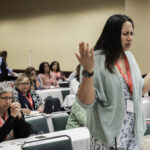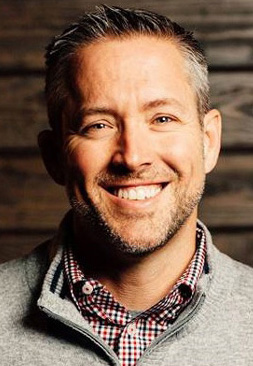
EDITOR’S NOTE: October is Cooperative Program Emphasis Month in the Southern Baptist Convention.
James Kang doesn’t want Korean Southern Baptists to be “one small ethnic group in the SBC.”
“We want to be a main part of the SBC,” Kang said. “We want to bring some of the Korean church strength to the SBC.”
Kang is executive director of the Council of Korean Southern Baptist Churches in America. What began in 1981 as a small fellowship of fewer than 50 Korean pastors has grown to include more than 900 Korean Southern Baptist churches. Next summer’s annual gathering will mark the 40th anniversary of the Council’s formation.
Kang sees the role of the Council as supporting and working together with the SBC and its entities.
“We want to work more closely with the different agencies,” he said. “I want all the Korean churches to be more involved and participating more in the Cooperative Program.”
Missions and church planting
There are roughly 250 Korean missionaries serving with the International Mission Board, Kang said, adding: “We work closely with IMB to bring some of their events and their trainings, and make sure that those who want to be a missionary or be involved in missions go through IMB. We connect them.”
The Korean Council also comes alongside the North American Mission Board to provide additional funding and mentorship opportunities to church planters.
Kang estimates that 20 Korean churches have been planted in the past two years, and there is a goal of planting more churches in areas where Southern Baptist churches are underrepresented.
In February, prior to the COVID-19 pandemic, a team of 12 pastors who were interested in sponsoring church plants went on a tour of Toronto.
“Toronto, Canada, has a Korean population as large as Dallas, Texas — over 100,000 Koreans living in Toronto,” Kang said. “In the Dallas area, we have over 60 Korean Southern Baptist churches, but in Toronto we only have three Korean Southern Baptist churches.
“We felt that we need to do more. … We had a goal of planting 10 churches in five years [in Toronto].”
Assisting churches
The Korean Council also encourages pastors to work with GuideStone Financial Resources to plan for their retirement.
About three years ago, Kang was surprised to learn that less than 50 percent of Korean pastors had retirement accounts with GuideStone. Many small churches have a hard time just paying the pastor’s salary and are not able to contribute to a retirement fund. Pastors have a difficult time asking for one, knowing that it would strain the church’s finances even more.
The Council offered to assist pastors in starting a retirement fund by sending $50 per month to their church for 12 months. The churches were asked to continue contributing at least $50 per month after that. More than 50 people applied initially, and the Council is still offering this assistance to pastors.
The COVID-19 pandemic has been affecting Korean churches in the same ways it has affected other U.S. churches, Kang said. Some churches, particularly those that were healthy prior to the pandemic, are doing fine, while others are struggling.
“When the pandemic broke out, many churches were panicking, especially small churches that were struggling with paying rent and paying the pastor’s salary,” he said.
So the Council stepped in to support those churches by creating a special fund. In May and June, 147 churches received $1,000 each to help with expenses.
The value of cooperation
An individual church cannot accomplish the Great Commission on its own, Kang said.
Some Korean churches are not giving through the Cooperative Program because they don’t know enough about it, or because there is a language barrier, or because they feel generally distant from the SBC. The Korean Council works to bridge the gap and encourage greater participation in SBC life.
“We encourage churches to be involved with the Cooperative Program,” Kang said.
“[If not for the Cooperative Program], we would not have such a great International Mission Board or North American Mission Board. Our seminary students would not be supported. I myself was supported by the Cooperative Program, and I was really grateful for that. All those are possible because of the Cooperative Program.”
